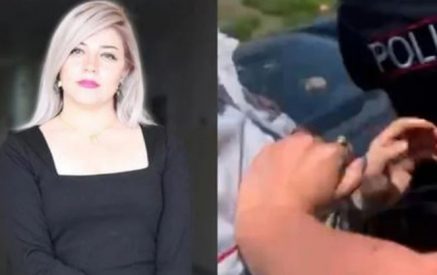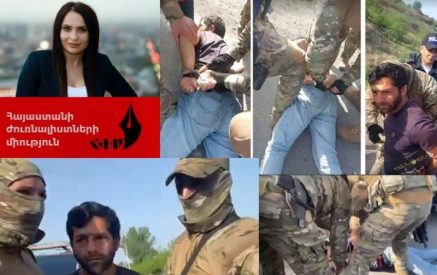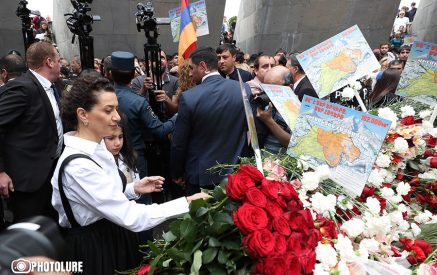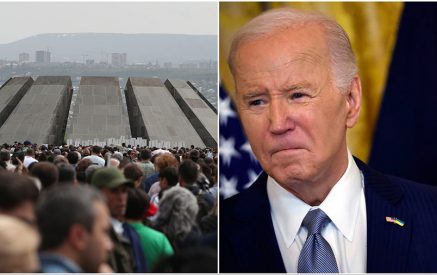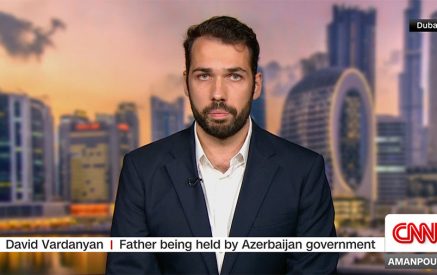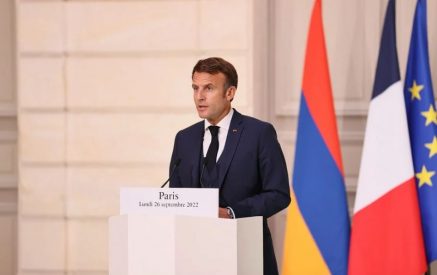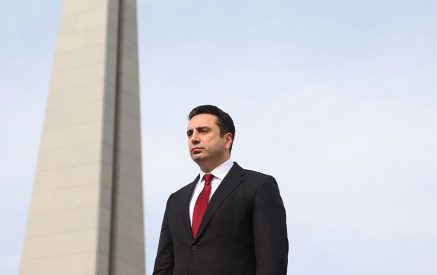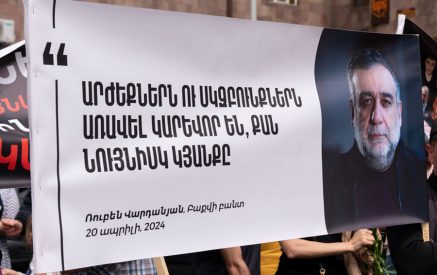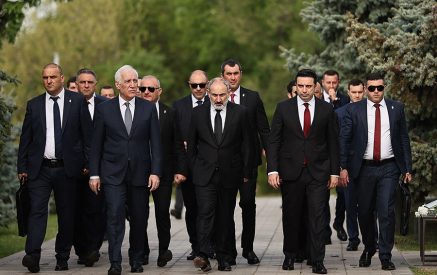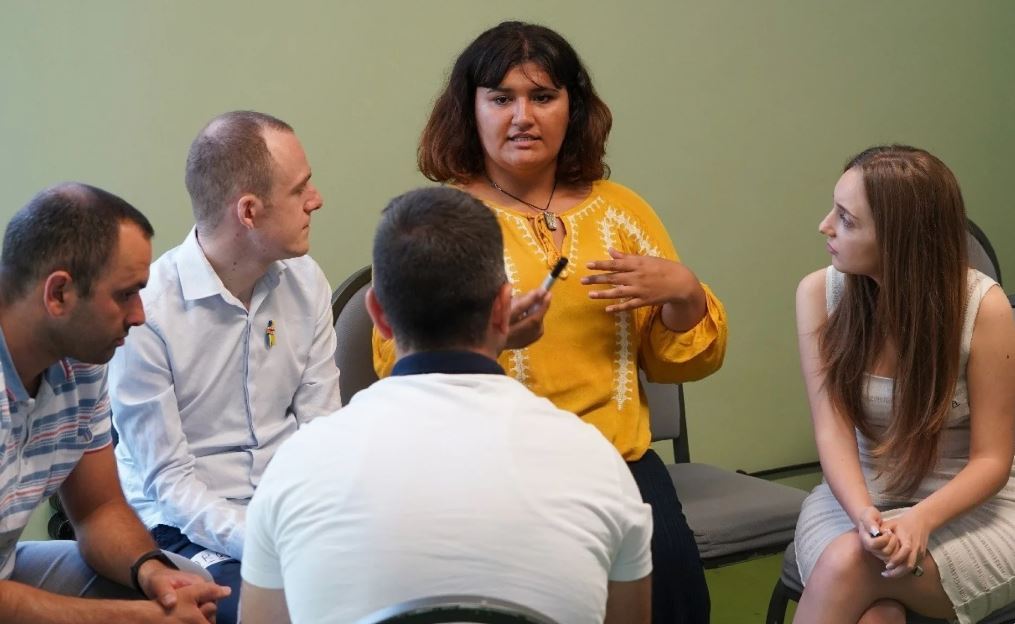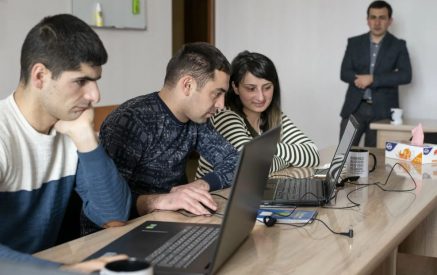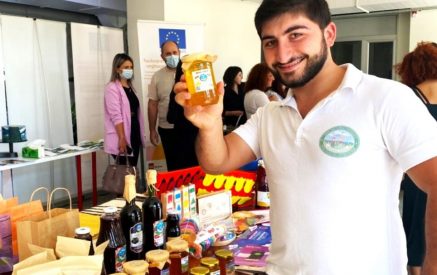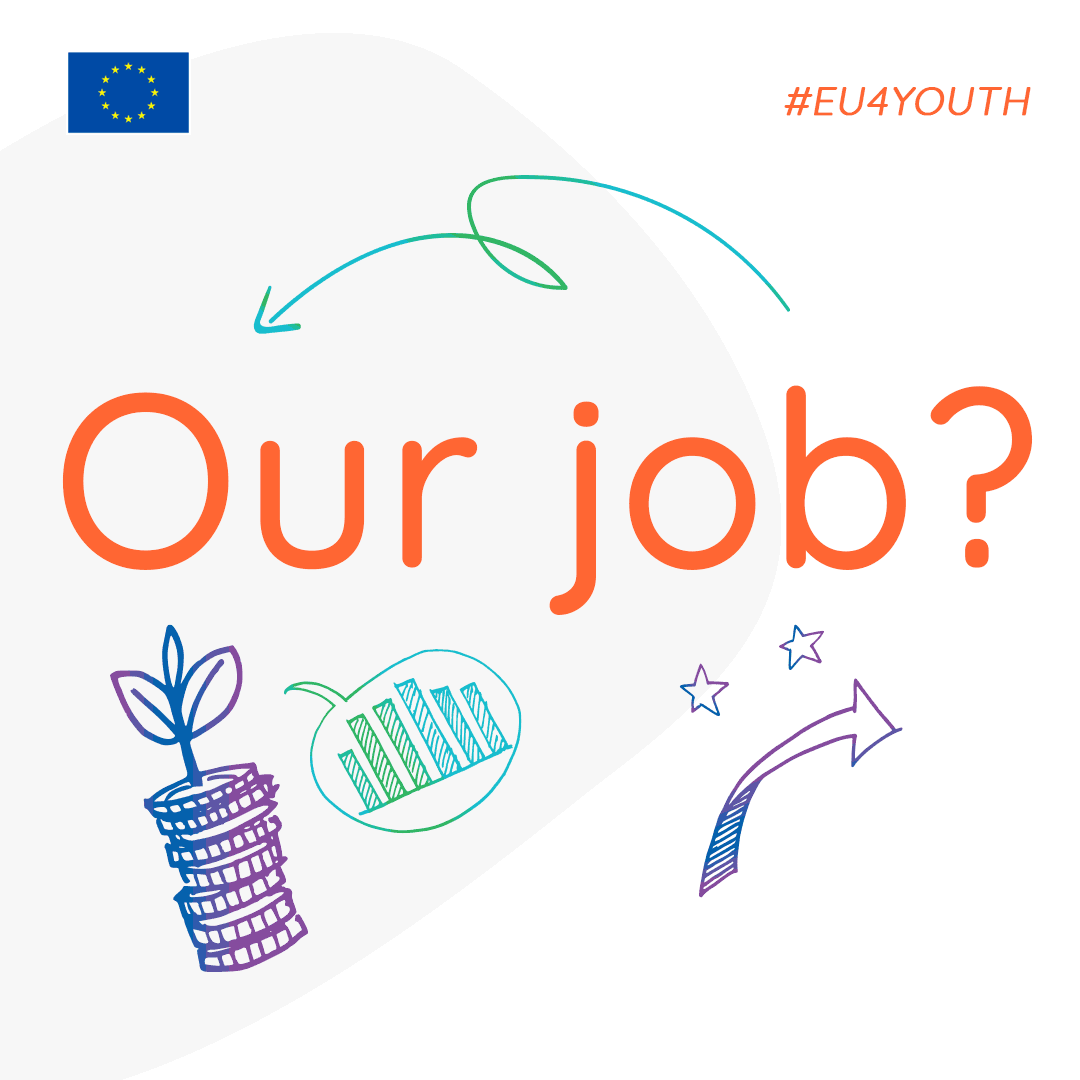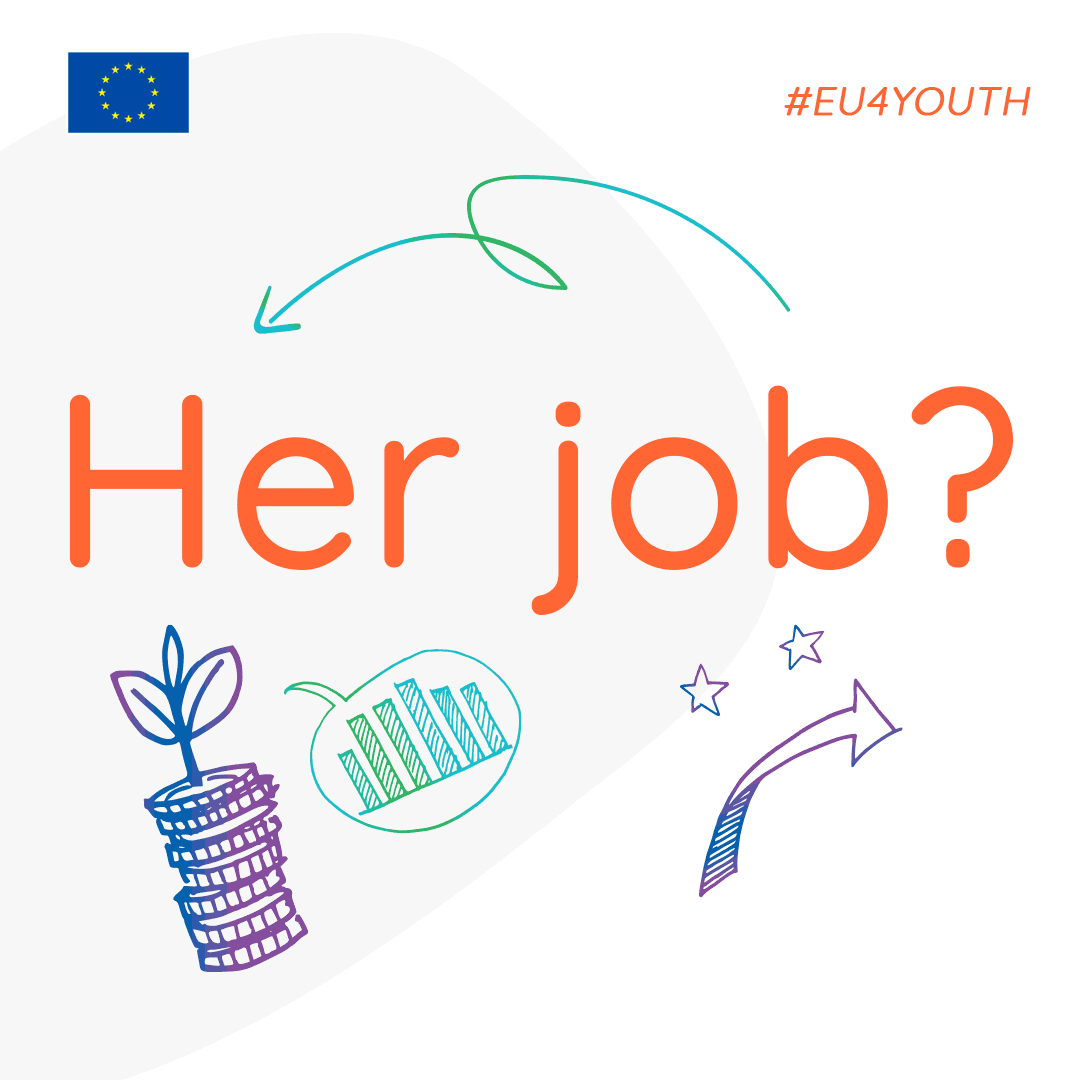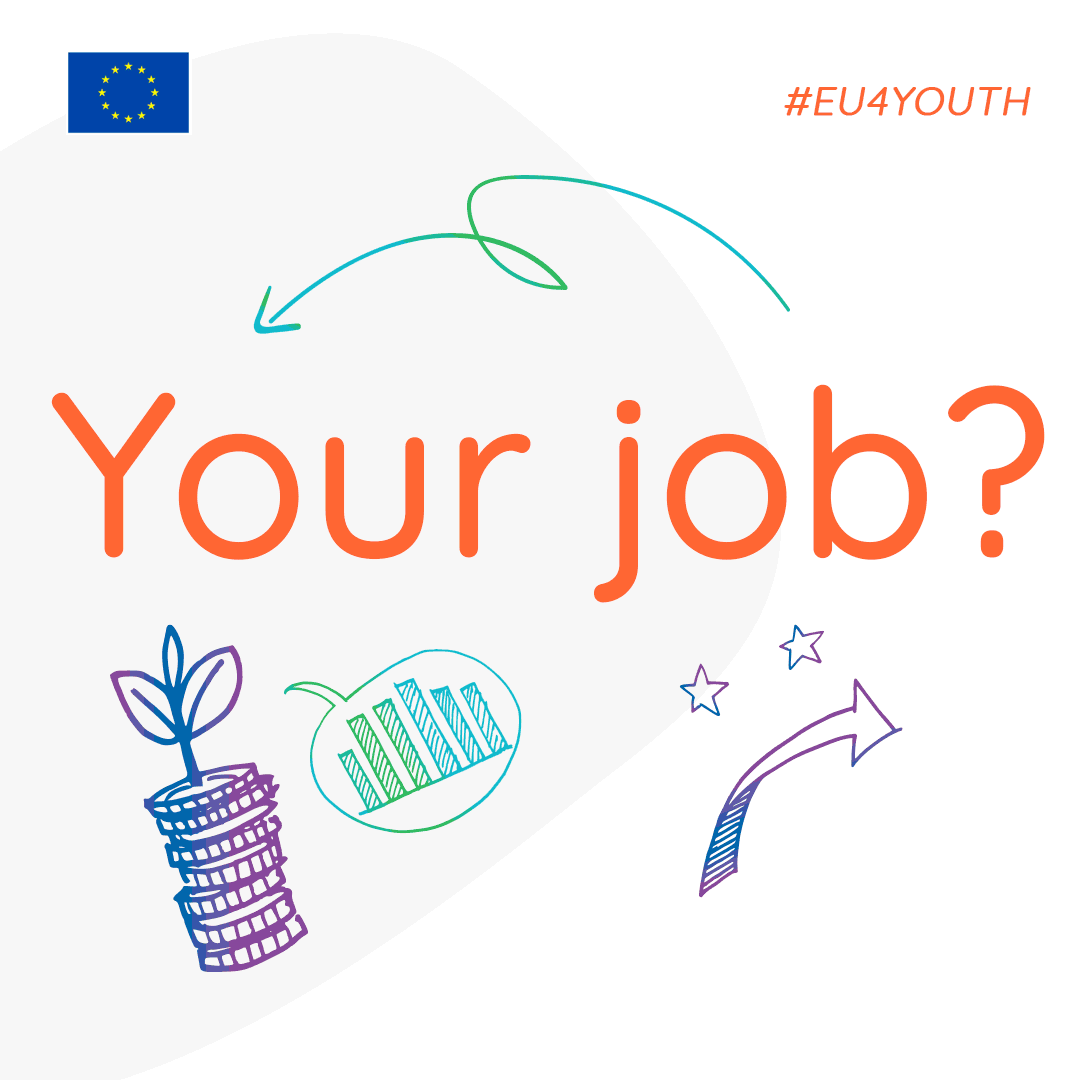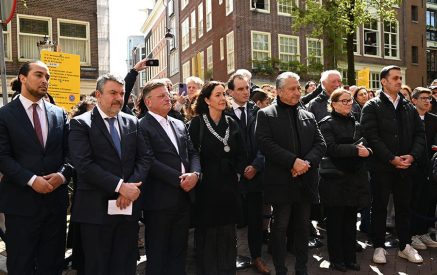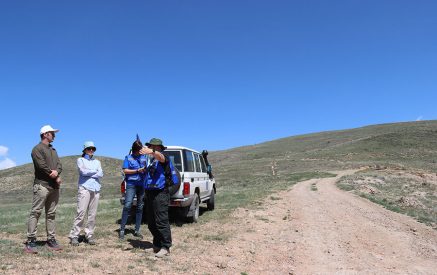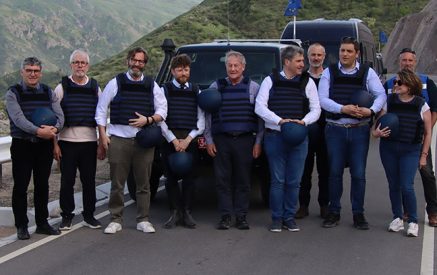EU4Youth marks five years of impact
Young people in the Eastern Partnership region feel more confident about their chances of finding a job, as the EU4Youth programme draws conclusions from its last five years of work. Through the range of its activities from 2017-2023, the main impact of the programme has been to develop local mechanisms providing lasting foundations to tackle youth unemployment and bridge the skills gap.
As recorded in the programme’s yearly reports, EU4Youth actions have covered direct training and mentoring, matchmaking between employees and employers, grants to new businesses, policy to create new jobs and improve skills, tailoring education to the market, and local initiatives to support the most vulnerable.
Read also
The past five years have been marked by various challenges and disruptions: political instability, ongoing conflicts, the COVID-19 pandemic, and Russian aggression against Ukraine. These events have greatly affected the youth policies of the Eastern Partnership countries and have had a lasting and challenging effect on the lives of young people in the region.
Despite these difficult circumstances, EU4Youth has been able to make a positive impact on young people’s education and employability, entrepreneurship and employment, and engagement and empowerment.
Education and employability
In 2022 alone, over 450 competence development activities were organised to improve young people’s chances of finding quality employment. Over 9,000 participants benefitted from these workshops, seminars, study visits and trainings, which helped young people to increase their employability and develop skills adapted to the current labour market. For young Georgians, some of these sessions were held at ‘Gariseli’ – a training centre and social enterprise in Tetritskaro, which is also one of the winners of the EU4Youth Social Entrepreneurship in Armenia and Georgia (SEAG) project.
“Access to non-formal education is especially important for an ethnically diverse community,” says Nino Tikurishvili, “as everyone has the opportunity to develop and realise their potential, regardless of their origin or religion.” Nino is the founder of Gariseli: her passion for the community – and her drive to strengthen and develop it – is at the heart of this education centre.
The programme has seen how such spaces for skills development, along with the initiatives to offer work-based learning and the recognition of transversal skills, can have a positive impact on young people’s integration into the labour market. Paired with support mechanisms for career guidance and job matching with the active involvement of national stakeholders, this is a powerful mechanism for bridging the youth unemployment gap.
Entrepreneurship and employment
“Without the EU4Youth grant, I don’t think I could have put my idea into practice. Thanks to the grant I was able to rent a premises, purchase electrical and manual tools to process different materials,” says Romanița Alexeev, founder of “Reivent” – The first upcycling studio in Moldova, who received funding from the EU4Youth programme in 2022.
By providing financial assistance and training on how to launch and develop their own business, young people across the region were empowered not only to create their own jobs but also employ others. The programme support doesn’t end here, as it also covers support for the creation of a positive business environment and cooperation with Public Employment Services.
Engagement and empowerment
The challenge of creating spaces for young people to engage as active citizens has been addressed through a number of programme interventions – for instance, the EU4Youth Alumni Network. With a focus on young leaders making a difference in local communities, its 2022-2023 cohort of 80 alumni implemented 45 initiatives centred on supporting vulnerable youth.
Since the Network launch in 2019, Alumni have designed and implemented several hundred actions, each engaging a small group of young people in their community – most of these from disadvantaged groups. The impact of this work expands with each new beneficiary, who carries it further into their circles.
The work done through the Youth Policy Labs and structured policy discussions have laid the foundations for the development of an EaP Youth Dialogue, bringing societal and policy stakeholders together to further empower and engage youth in the region. Through 39 policy discussions, Youth Policy Labs and EU4Youth policy roundtables, policy makers and youth were brought closer together, fostering dialogue on the road ahead for a more structured youth dialogue and better engagement in policy-making.
EU4Youth in your country
Tailored to each of the Eastern Partnership countries, the programme has been systematically collecting and analysing its impact on the national level. The pages below each offer a dive into the five-year results and recommendations for Armenia, Azerbaijan, Belarus, Georgia, Moldova and Ukraine.
Yearly data and recommendations
With the 2022 Achievements Report closing the five-year monitoring and evaluation cycle, the EU4Youth programme offers four comprehensive reports to policymakers, civil society leaders and educators designing and implementing youth empowerment initiatives and policy measures in the Eastern Partnership region. These reports provide a holistic picture of interventions conducted through the programme along with their impact. Each report concludes with observations of efficacy and youth policy recommendations, drawing from the year-specific conclusions.

